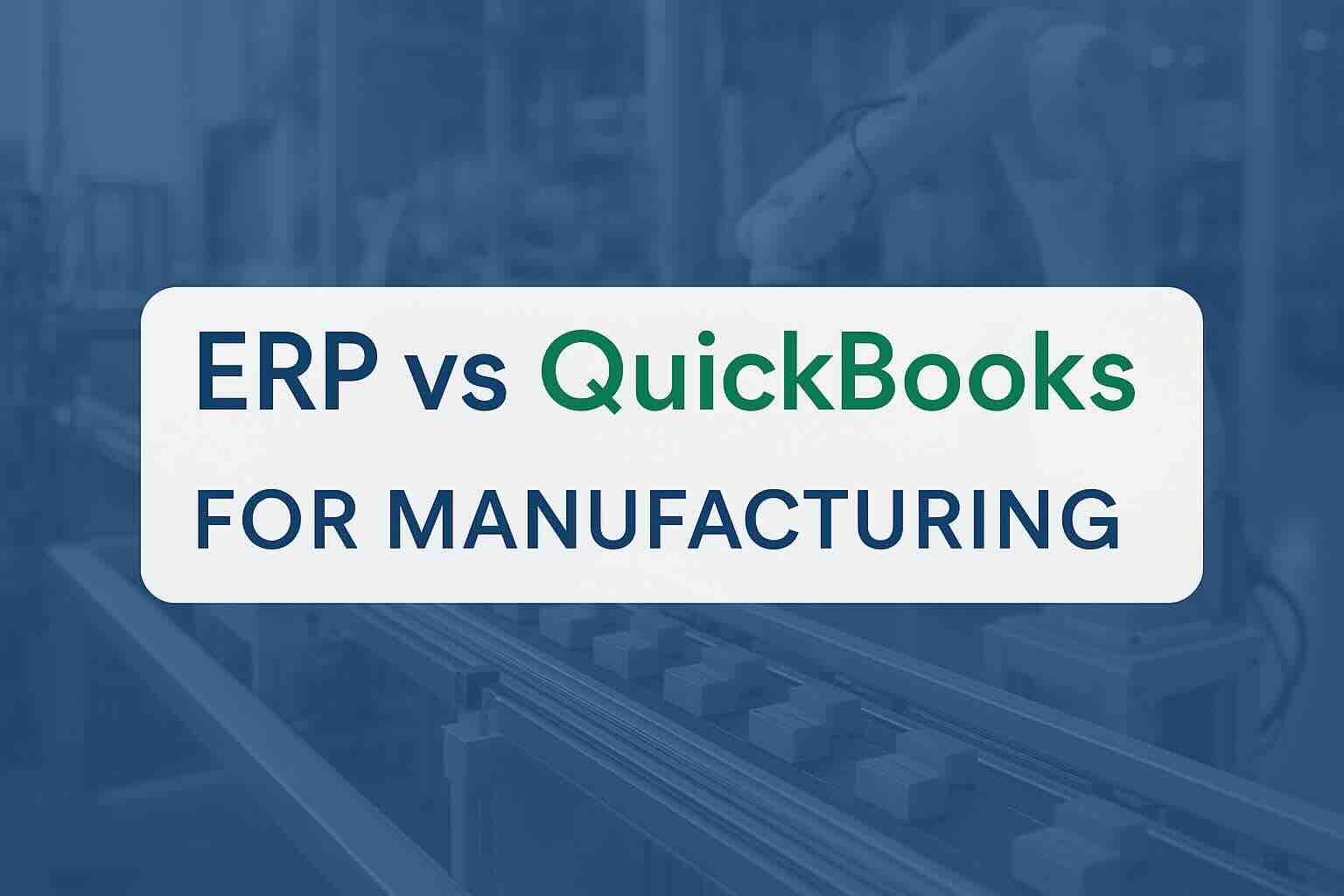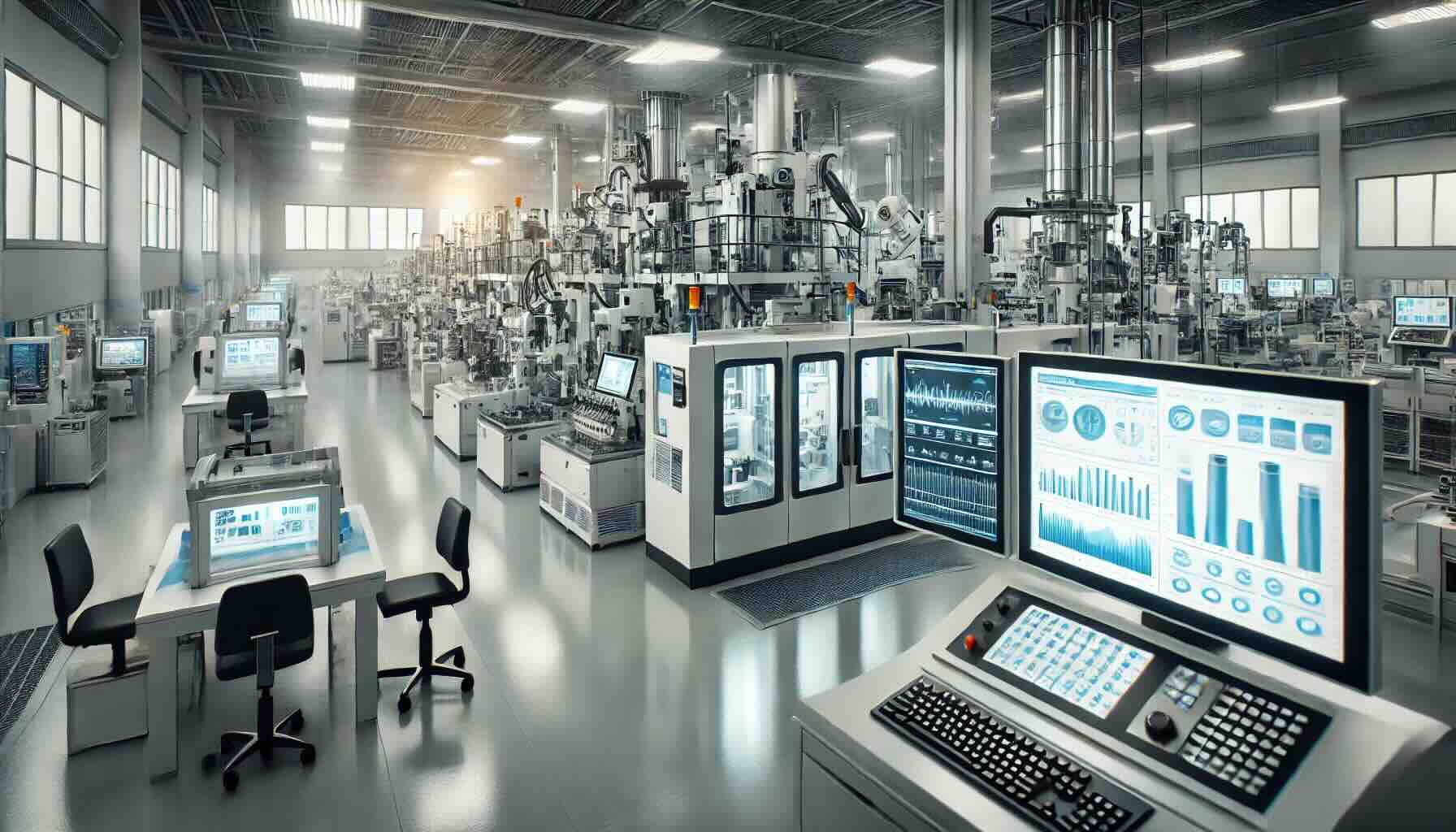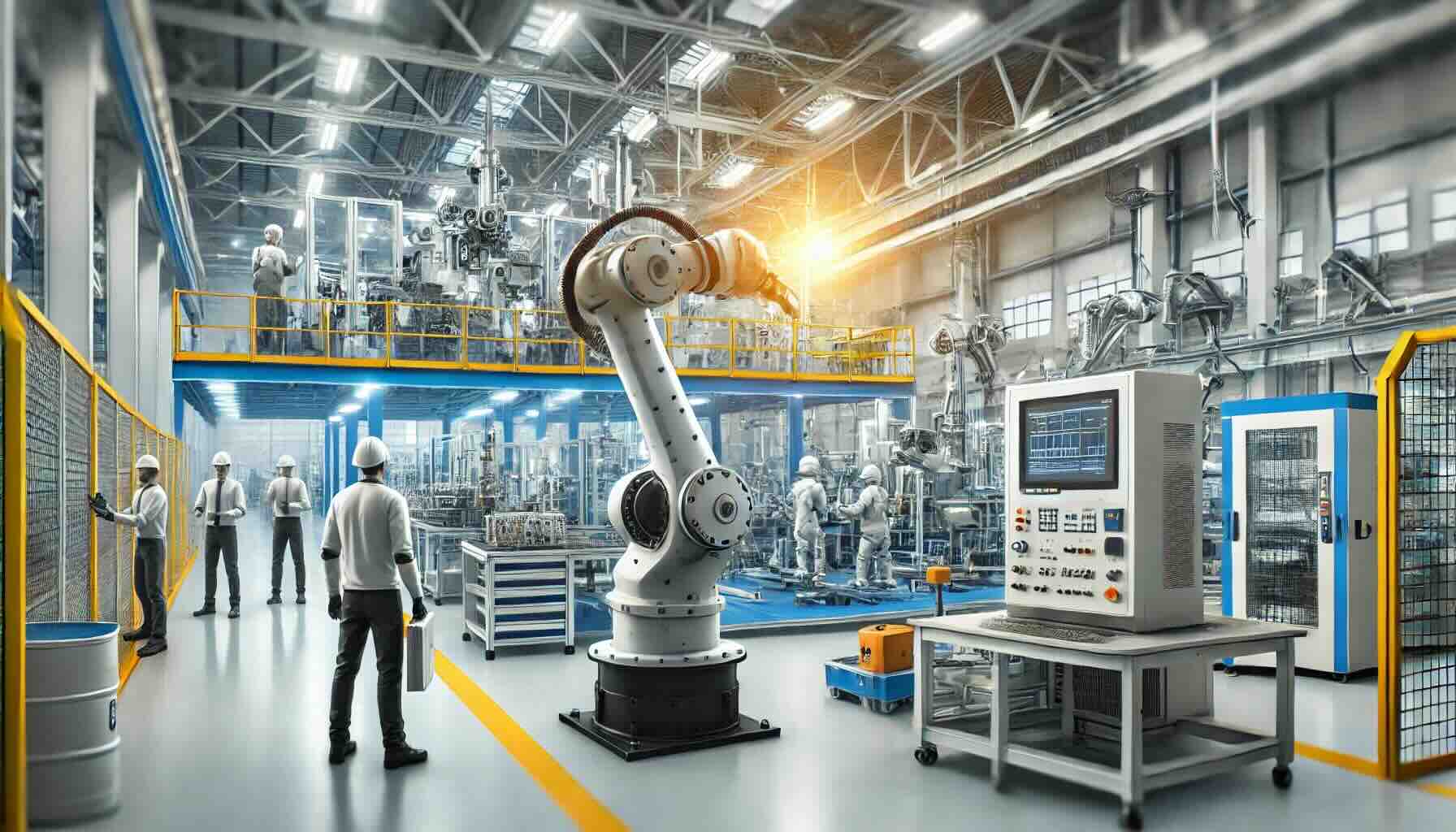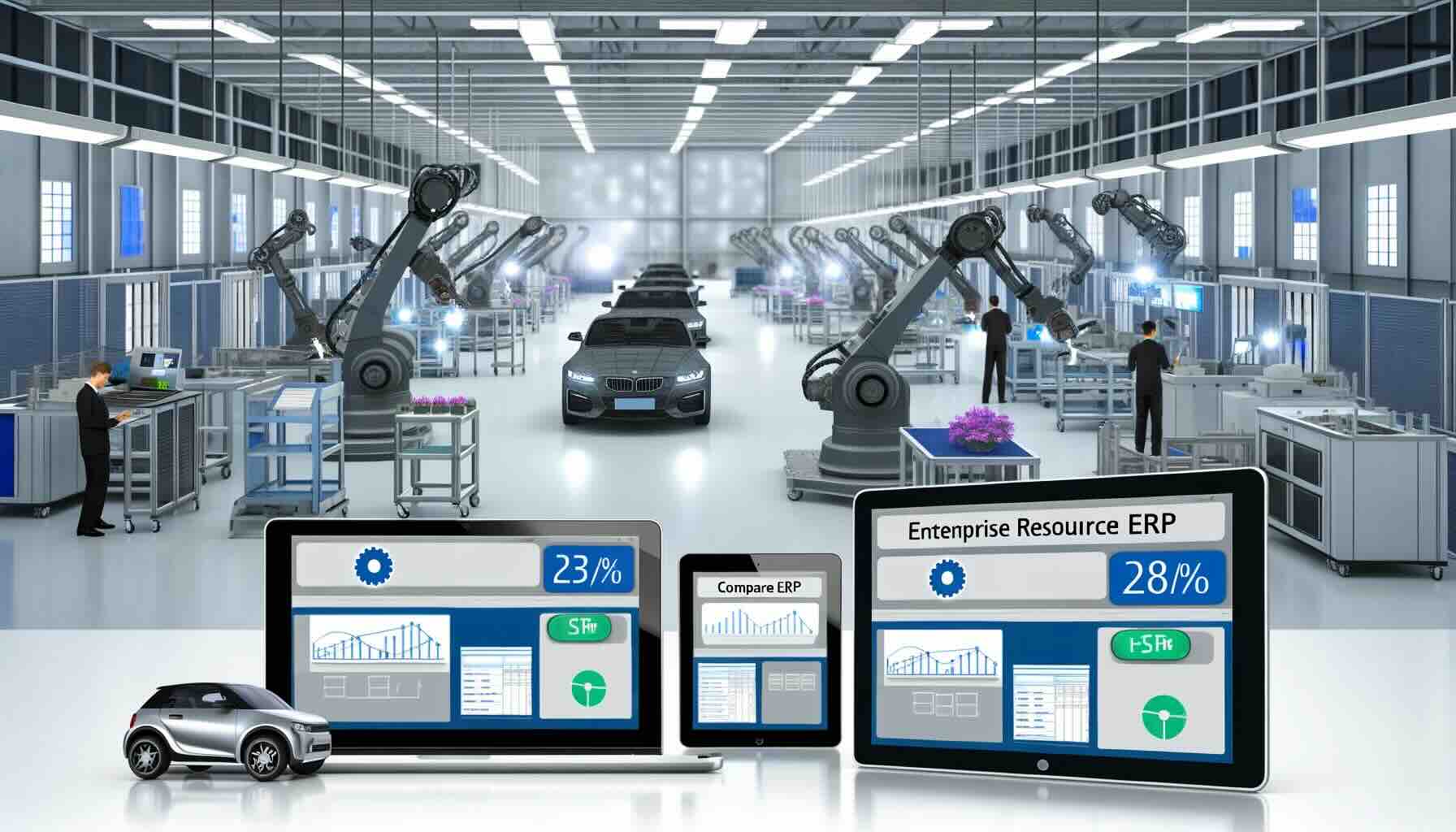Is SAP S/4HANA a Good Choice for Equipment Businesses?

In the equipment manufacturing and rental industry, companies face a variety of unique challenges. From managing complex inventories and supply chains to ensuring equipment maintenance and addressing fluctuating customer demands, businesses in this sector need a robust, scalable, and flexible ERP system to stay competitive. SAP S/4HANA, SAP’s next-generation ERP suite, has emerged as a leading solution across industries. But is it the right fit for equipment businesses? This article explores how SAP S/4HANA can benefit equipment manufacturers, rental companies, and service providers, and why it may be the optimal choice for these businesses.
Why SAP S/4HANA?
SAP S/4HANA is designed to support digital transformation by integrating all business processes in one platform, from finance and sales to supply chain and asset management. The system operates on SAP’s in-memory HANA database, which processes vast amounts of data in real time. This real-time capability is particularly valuable for equipment businesses, where accurate, up-to-date information is essential for decision-making.
Key benefits of SAP S/4HANA for the equipment industry include:
1. Efficient Asset and Equipment Management
For equipment manufacturers and rental businesses, maintaining the availability, performance, and reliability of equipment is crucial. SAP S/4HANA offers comprehensive asset management features that allow companies to track and manage their equipment throughout its lifecycle, from acquisition and usage to maintenance and retirement.
Real-time data analytics and Internet of Things (IoT) integration enable businesses to monitor equipment conditions and predict maintenance needs, reducing downtime and increasing operational efficiency. Predictive maintenance, powered by SAP S/4HANA, ensures that equipment is serviced before problems arise, extending its lifespan and minimizing costly repairs. This is particularly important for equipment rental companies, where maintaining high utilization rates is key to profitability.
2. Optimized Supply Chain Management
Supply chain management is a significant challenge for equipment manufacturers, especially those dealing with large, complex products and components. SAP S/4HANA provides advanced supply chain management (SCM) tools that help businesses optimize their operations, from procurement and manufacturing to logistics and distribution.
With SAP S/4HANA, equipment companies gain visibility into their entire supply chain, allowing them to track components, manage suppliers, and ensure timely deliveries. The system’s real-time analytics enable businesses to respond quickly to changes in demand, ensuring that they have the right materials and parts on hand to meet customer needs.
By streamlining supply chain processes, SAP S/4HANA helps equipment businesses reduce lead times, improve inventory management, and ultimately deliver products more efficiently to their customers.
3. Enhanced Customer Service and Aftermarket Support
For equipment businesses, customer service and aftermarket support are critical for building long-term relationships with clients. SAP S/4HANA enables companies to provide exceptional customer service by giving them access to detailed customer data, including service history, equipment usage patterns, and maintenance records.
The system also supports field service management, allowing technicians to access real-time data about equipment when they are on-site. With this information, they can perform repairs or maintenance more efficiently, improving the customer experience. Additionally, SAP S/4HANA’s integration with IoT devices can provide remote monitoring of equipment, allowing businesses to proactively address potential issues before they affect the customer.
Offering reliable and responsive support is essential for retaining customers and driving repeat business, particularly in the equipment rental and service sectors. SAP S/4HANA’s tools help ensure that businesses can meet these demands.
4. Financial Management and Cost Control
Managing costs is a significant concern for equipment businesses, especially when dealing with high-value assets and long-term contracts. SAP S/4HANA provides robust financial management capabilities, helping companies control costs, manage cash flow, and optimize their financial operations.
The system offers detailed financial reporting and analytics, allowing businesses to track expenses, revenues, and profitability in real time. This level of insight enables companies to make more informed financial decisions, ensuring that they remain competitive while maintaining healthy profit margins.
Additionally, SAP S/4HANA supports contract and lease management, helping equipment rental companies manage long-term customer agreements and track revenue streams. This is particularly useful for businesses that rely on recurring revenue models or complex service contracts.
5. Scalability and Flexibility
One of the key advantages of SAP S/4HANA is its scalability. Equipment businesses, whether they are small manufacturers or large multinational companies, can benefit from the platform’s flexibility and ability to grow with their business. As companies expand their operations or enter new markets, SAP S/4HANA can easily scale to meet their evolving needs.
Furthermore, SAP S/4HANA offers multiple deployment options, including on-premises, cloud, or hybrid environments. This flexibility allows businesses to choose the deployment model that best aligns with their IT strategy and operational requirements. For equipment businesses that operate in multiple regions or with decentralized teams, cloud-based deployments can offer significant advantages in terms of accessibility and collaboration.
Case Studies: SAP S/4HANA in Action
Several equipment companies have already adopted SAP S/4HANA and experienced significant improvements in their operations. Here are a couple of examples:
- Kaeser Kompressoren, a global provider of compressed air systems, implemented SAP S/4HANA to improve its operational efficiency and provide better service to its customers. By integrating its equipment management, customer service, and financial processes, Kaeser Kompressoren was able to enhance its predictive maintenance capabilities and improve customer satisfaction.
- Caterpillar, one of the world’s leading manufacturers of construction and mining equipment, adopted SAP S/4HANA to support its global operations. The system helped Caterpillar streamline its supply chain, improve its inventory management, and provide better service to its customers through real-time data analytics and insights.
Conclusion: Is SAP S/4HANA the Right Choice for Equipment Businesses?
For equipment manufacturers, rental companies, and service providers, SAP S/4HANA offers a comprehensive, flexible solution that addresses many of the unique challenges faced by the industry. From improving asset management and supply chain operations to enhancing customer service and financial control, SAP S/4HANA provides the tools necessary to optimize business processes and drive long-term success.
The platform’s real-time data analytics, predictive maintenance capabilities, and scalability make it particularly well-suited for equipment businesses that need to manage complex assets and operations. By choosing SAP S/4HANA, equipment companies can position themselves for growth, improve their customer relationships, and ensure they remain competitive in an increasingly digital and demanding market. To find out more about SAP S/4HANA click this link.
To compare SAP S/4HANA with 100s of other ERP solutions, you can use our new AI-powered Compare ERP tool. It’s free to use and you get a guaranteed discount on your first year’s licence fees with a referral from Compare ERP.









